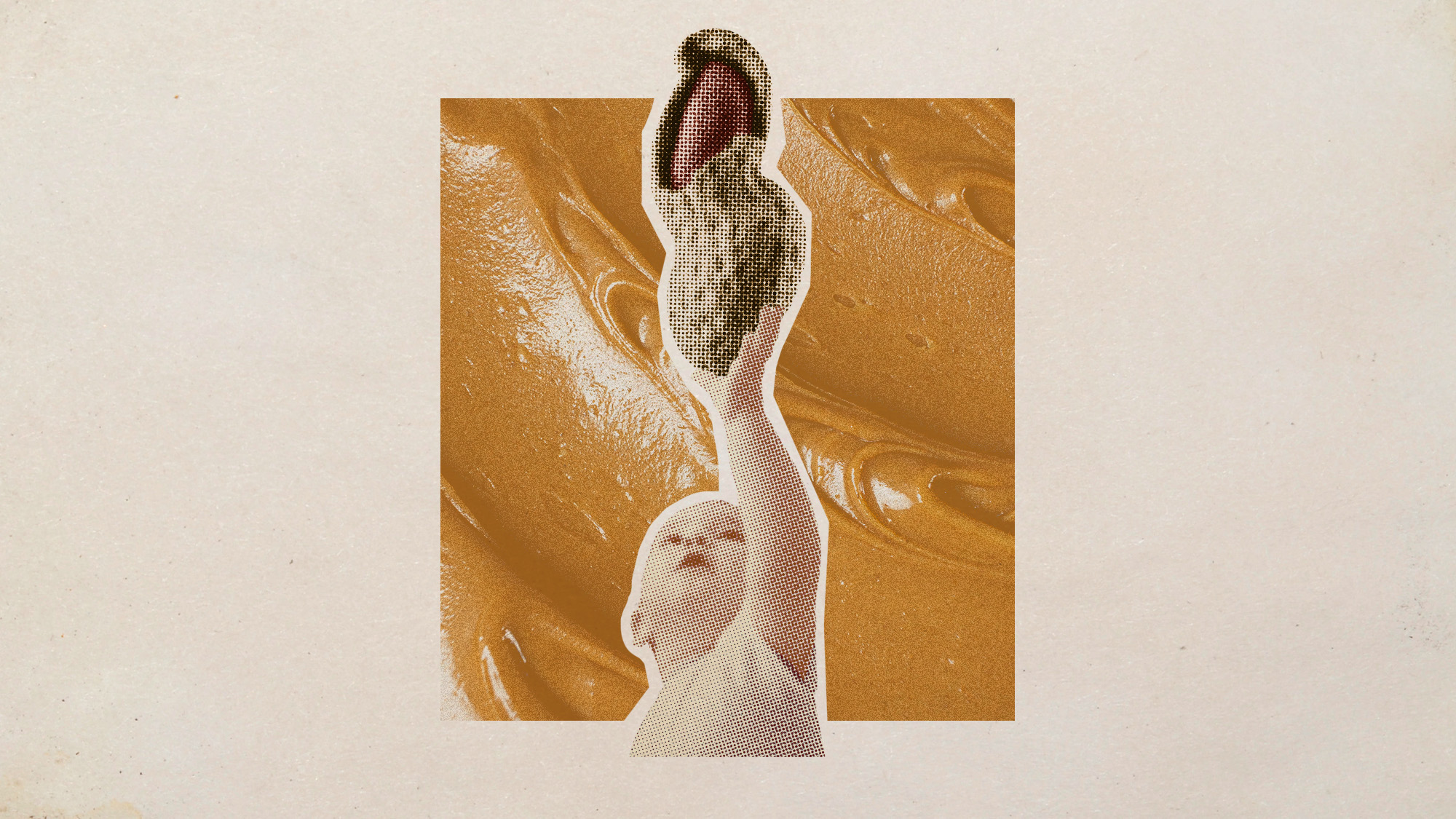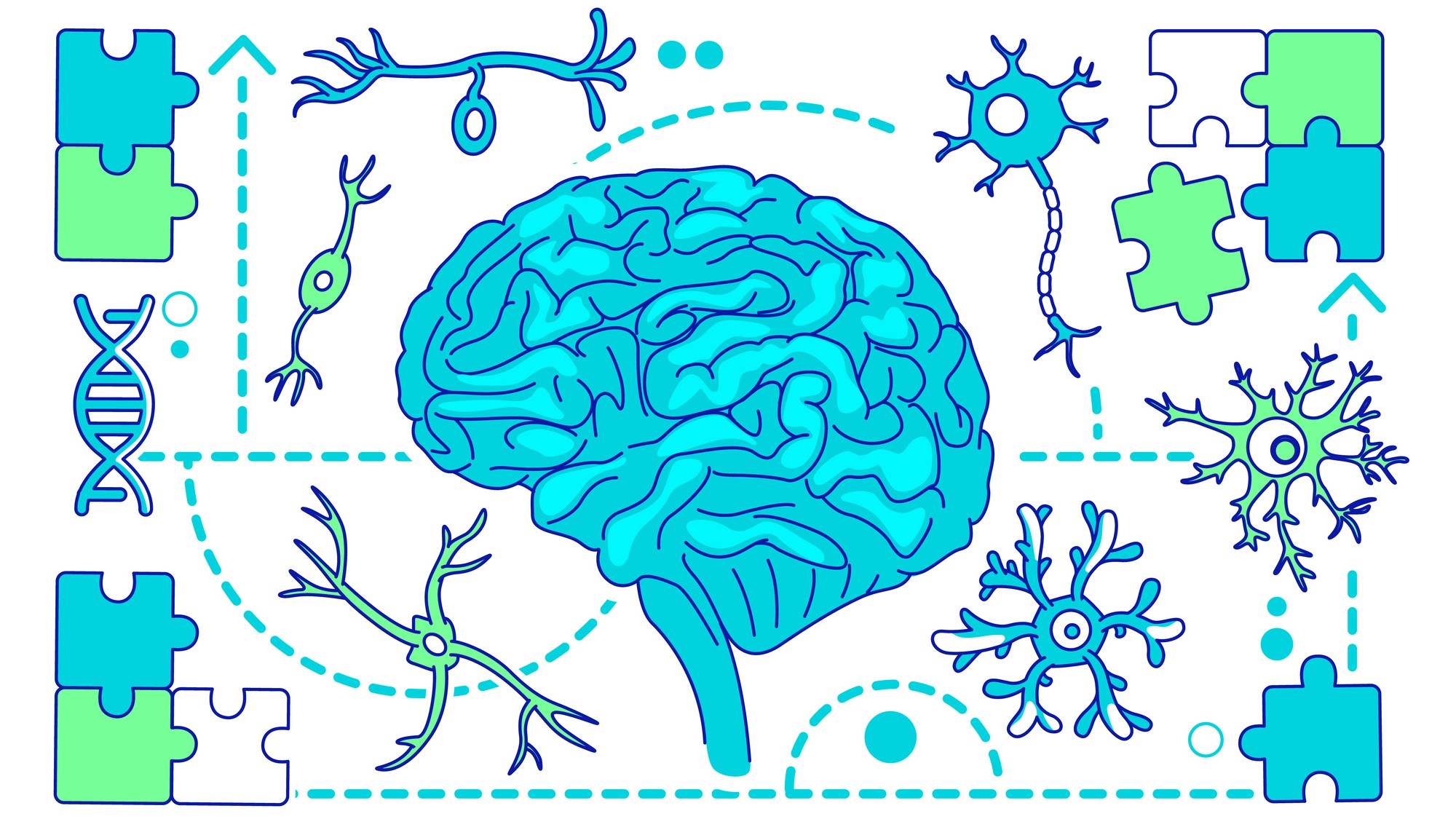Havana Syndrome not caused by foreign adversaries, energy weapons, or aliens, U.S. intelligence assesses

A free daily email with the biggest news stories of the day – and the best features from TheWeek.com
You are now subscribed
Your newsletter sign-up was successful
The U.S. intelligence community has determined that it's very unlikely the mysterious health incidents reported by hundreds of U.S. diplomats and spies since 2016 were caused by foreign adversaries, or that other countries even have a weapon capable of inflicting such ailments, according to an assessment by seven agencies released Wednesday. The constellation of disorienting and sometimes debilitating maladies, first reported by diplomats in Cuba, is known as Havana Syndrome, and the intelligence agencies examined more than 1,000 cases in 92 countries.
The two-year investigation began with the assumption that a foreign country was targeting U.S. personnel with a radio frequency device or some other kind of energy weapon, but these "critical assumptions" were "were not borne out by subsequent medical and technical analysis," Director of National Intelligence Avril Haines said in statement. "In light of this and the evidence that points away from a foreign adversary, causal mechanism, or unique syndrome" that connects the hundreds of "anomalous health incidents," the agencies assessed that the symptoms were probably caused by things like "preexisting conditions, conventional illnesses, and environmental factors."
This assessment affirms a preliminary CIA report released last year but contradicts other studies, including the finding by a panel of government and outside experts that "the most plausible mechanism" to explain the symptoms was "directed, pulsed radio frequency energy." Advocacy groups for Havana Syndrome victims called the intelligence community's new assessment opaque and deficient.
The Week
Escape your echo chamber. Get the facts behind the news, plus analysis from multiple perspectives.

Sign up for The Week's Free Newsletters
From our morning news briefing to a weekly Good News Newsletter, get the best of The Week delivered directly to your inbox.
From our morning news briefing to a weekly Good News Newsletter, get the best of The Week delivered directly to your inbox.
Haines and CIA Director William Burns were careful to stress that the report does not cast doubt on the very real health issues experienced by the diplomats and intelligence officers. And the White House said affected personnel will continue getting care and compensation through legislation President Biden signed in 2021.
Intelligence officials said a dedicated team of seasoned analysts devoted extraordinary resources and left "no stone unturned" in trying to uncover the source of Havana Syndrome. This included examining cases, visiting sites where people experienced syndromes, asking other countries if their diplomats had reported similar incidents, and aggressively collecting intelligence from key adversaries who seemed genuinely confused by and suspicious of Havana Syndrome. "Many see a U.S. plot," one official told reporters.
"Intelligence officials even examined the possibility of extraterrestrial involvement, questioning whether the symptoms could be caused by a device in the sky," the Miami Herald reports. "It's not that there weren't leads. There were leads," a second official told reporters. "But every time we followed them up, they dissipated."
A free daily email with the biggest news stories of the day – and the best features from TheWeek.com
Peter has worked as a news and culture writer and editor at The Week since the site's launch in 2008. He covers politics, world affairs, religion and cultural currents. His journalism career began as a copy editor at a financial newswire and has included editorial positions at The New York Times Magazine, Facts on File, and Oregon State University.
-
 The ‘ravenous’ demand for Cornish minerals
The ‘ravenous’ demand for Cornish mineralsUnder the Radar Growing need for critical minerals to power tech has intensified ‘appetite’ for lithium, which could be a ‘huge boon’ for local economy
-
 Why are election experts taking Trump’s midterm threats seriously?
Why are election experts taking Trump’s midterm threats seriously?IN THE SPOTLIGHT As the president muses about polling place deployments and a centralized electoral system aimed at one-party control, lawmakers are taking this administration at its word
-
 ‘Restaurateurs have become millionaires’
‘Restaurateurs have become millionaires’Instant Opinion Opinion, comment and editorials of the day
-
 Scientists are worried about amoebas
Scientists are worried about amoebasUnder the radar Small and very mighty
-
 Metal-based compounds may be the future of antibiotics
Metal-based compounds may be the future of antibioticsUnder the radar Robots can help develop them
-
 Trump HHS slashes advised child vaccinations
Trump HHS slashes advised child vaccinationsSpeed Read In a widely condemned move, the CDC will now recommend that children get vaccinated against 11 communicable diseases, not 17
-
 Peanut allergies have plummeted in children
Peanut allergies have plummeted in childrenUnder the radar Early introduction could be an effective prevention method
-
 FDA OKs generic abortion pill, riling the right
FDA OKs generic abortion pill, riling the rightSpeed Read The drug in question is a generic version of mifepristone, used to carry out two-thirds of US abortions
-
 RFK Jr. vaccine panel advises restricting MMRV shot
RFK Jr. vaccine panel advises restricting MMRV shotSpeed Read The committee voted to restrict access to a childhood vaccine against chickenpox
-
 Human evolution may be responsible for autism rates
Human evolution may be responsible for autism ratesUnder the radar Neurodiversity and a complex brain may go hand in hand
-
 Scientists are speeding up evolution
Scientists are speeding up evolutionUnder the radar Proteins can evolve in minutes
